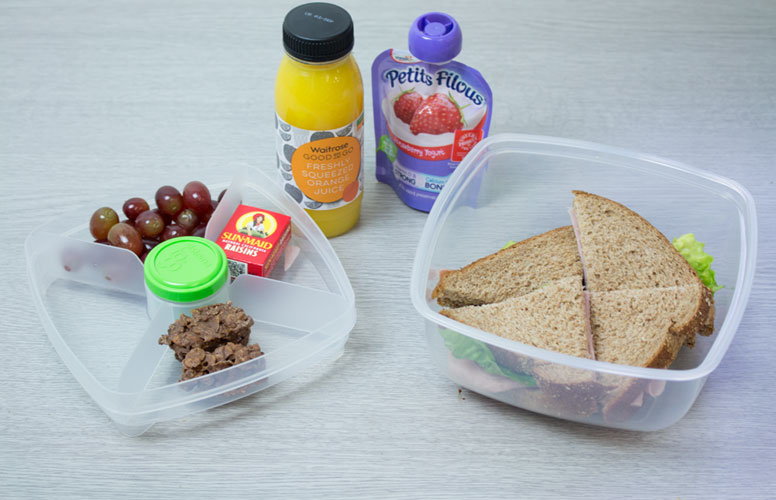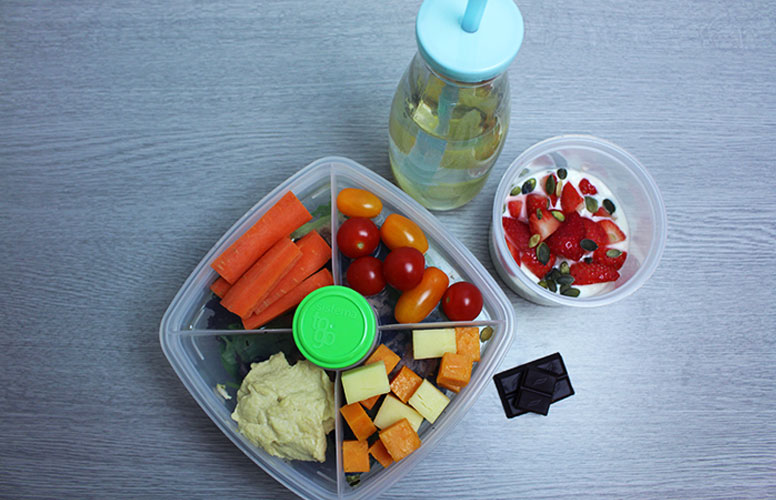A low-carb diet is a great way for children to get better control of their diabetes, lose weight (if needed) and inspire them to enjoy healthy eating.
In recent decades, many children’s diets have become heavily focused on carbohydrate and sugar -another form of carbohydrate.
During this time, we have also seen more and more children becoming overweight.
A potential side effect of a high-carbohydrate diet is that children with type 1 diabetes struggle to achieve control of their sugar levels
A reduction in daily carbohydrate intake can address both weight gain and poor diabetes control.
Benefits
Low-carb diets can help children with diabetes in the following ways:
- Help control sugar levels in children with diabetes
- Improve confidence in their diabetes management
- Reduce feelings of failure associated with too high and too low blood sugar levels
- Minimise risk of severe hypos
Low-carb diets can also help children that are overweight to lose weight and reduce the risk of developing chronic health problems including type 2 diabetes and heart problems.
A lower-carb diet can also help healthy children from becoming overweight.
Is a low-carb diet healthy for children?
A healthy low-carb diet is strongly vegetable-based, includes adequate protein and is free from the processed food that leads to weight gain and poor health.
For children with type 1 diabetes, a low-carb diet helps to smooth out the steep up and down swings of blood sugar levels, making diabetes easier to control and reducing the risks of severe hypos occurring.
Even very low-carb diets ( ketogenic diets ) can be followed safely by children. Ketogenic diets used to be a primary treatment for preventing epilepsy in children before drugs were found that performed this task.
Read More
Carbohydrate and sugar link
Sugar is a form of carbohydrate. What’s more, essentially all the carbohydrate we eat gets broken down into glucose (a form of sugar) by the body and that sugar has to go somewhere, either to be used by the body, otherwise it will be stored as fat.
A fairly typical school lunch box can have more than 100g of carbohydrate. What this means is that within an hour or two, the child’s pancreas will need to cope with processing 100g of sugar.
Unless the child is very active through the day, this sugar will end up leading to high blood sugar and/or weight gain.
If you are unsure how much carbohydrate your child is having, it’s worth taking some time to go through your child’s typical lunch and work out how much carbohydrate is being eaten.
The image below is a low-fat lunch and contains 170g of carbohydrate. It shows just how easily carb counts can stack up.

Low-carb, high nutrition
A great thing about the low-carb diet is that once you’ve cut out the carbs, there’s usually more space for vegetables -which means better nutrition
It’s useful to note that vitamins A, D, E and K are fat soluble vitamins that require the presence fat in the diet to be absorbed. Therefore, meals with natural sources of fat help the body to absorb these vitamins from the meal. [189]
The following is an example of a healthy school lunch that packs a nutritious punch whilst having under 30g of carbohydrate.

Read more on healthy lunchboxes for children
Incorporating a healthy low-carb diet
A low-carb diet will work best if your children want to follow it. To get your children behind the change, it will need to be seen as normal to eat healthily and the food will need to taste good.
It is well worth putting time into cooking and preparation to make it desirable and tasty. Presentation of the food is also a great way to engage children.
It may take time, up to a few weeks, for children to get used to a new diet. Avoid punishing a child for struggling with a new diet as this will attach negative feelings to the new diet. Instead look to give encouragement and patience as they’re trying out new foods.
When you have a bit more time, involving children in some of the easier, safer tasks will help them further to build a bond between themselves and a healthy diet.
Because it can be hard to regulate what your child buys or chooses at school, packed lunches can be helpful for ensuring they eat right at school
What the research says
Studies into low-carb diets for overweight children have shown that they are effective for weight loss.
There is currently a lack of clinical studies into low-carbohydrate diets for children with diabetes. Low-carb and ketogenic diets appear to show no significant issues in terms of safety for children in general though.
A 2014 study into ketogenic diets in epilepsy showed that growth was not affected as long as protein was not kept too low. [190]
A number of studies have shown low-carbohydrate diets to be effective for weight loss for overweight and obese children. [191] [192]







